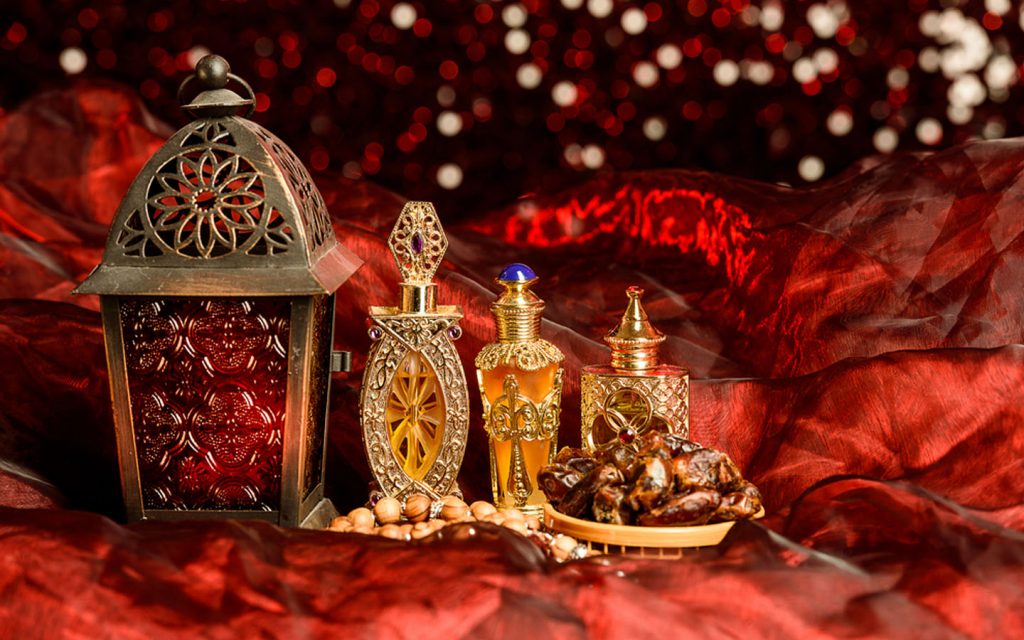Your cart is currently empty!
Oils, Attars & Incense: The Forgotten Roots of Nigerian Scent Culture
In today’s fast-paced fragrance market dominated by global luxury houses, few remember that Nigeria has always had its own olfactory heritage. Long before Eau de Parfum became the standard, traditional oils, attars, and incense were central to Nigerian scent culture particularly in Northern Nigeria, where perfumery is as spiritual as it is aesthetic. Down south often referred to as aboki perfume.
Among the Hausa and Fulani communities, the use of turaren wuta, traditional incense made from perfumed resins, spices, and natural oils is a daily practice, often passed down through generations. Women prepare these incense blends at home, used not just for personal beautification but also to scent clothing, rooms, and marriage beds. The ritual of burning turaren wuta before special occasions is both practical and ceremonial. It announces presence, purifies space, and communicates intention.
This indigenous approach to scent was never just about smelling good. It was tied to identity, attraction, hygiene, and spirituality. The legacy of these practices is still alive, especially in the North, though it risks being overshadowed by Western luxury branding.
As Nigeria’s middle class embraces niche fragrances from France, Dubai, and the U.S., now is the perfect time to look inward. What if these traditional forms rich in depth and memory could be refined and brought into the global niche perfume space? What if turaren wuta became the next oud?


Leave a Reply